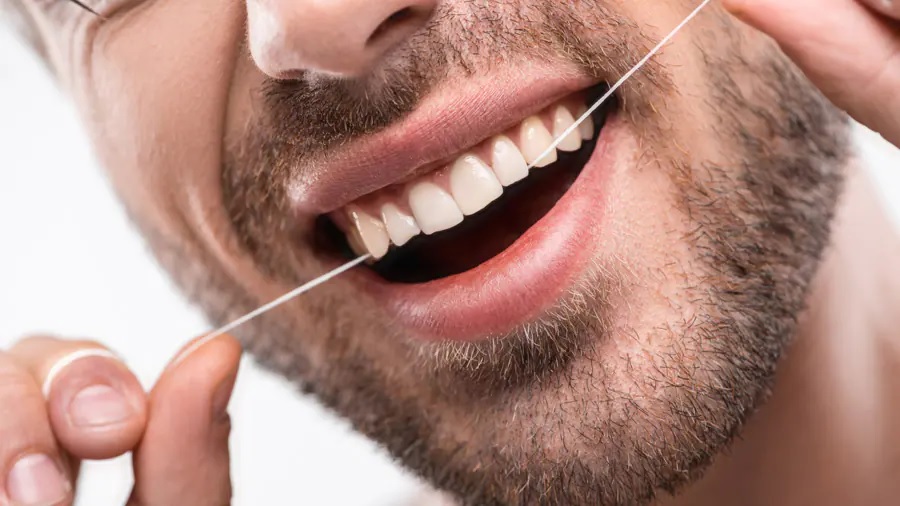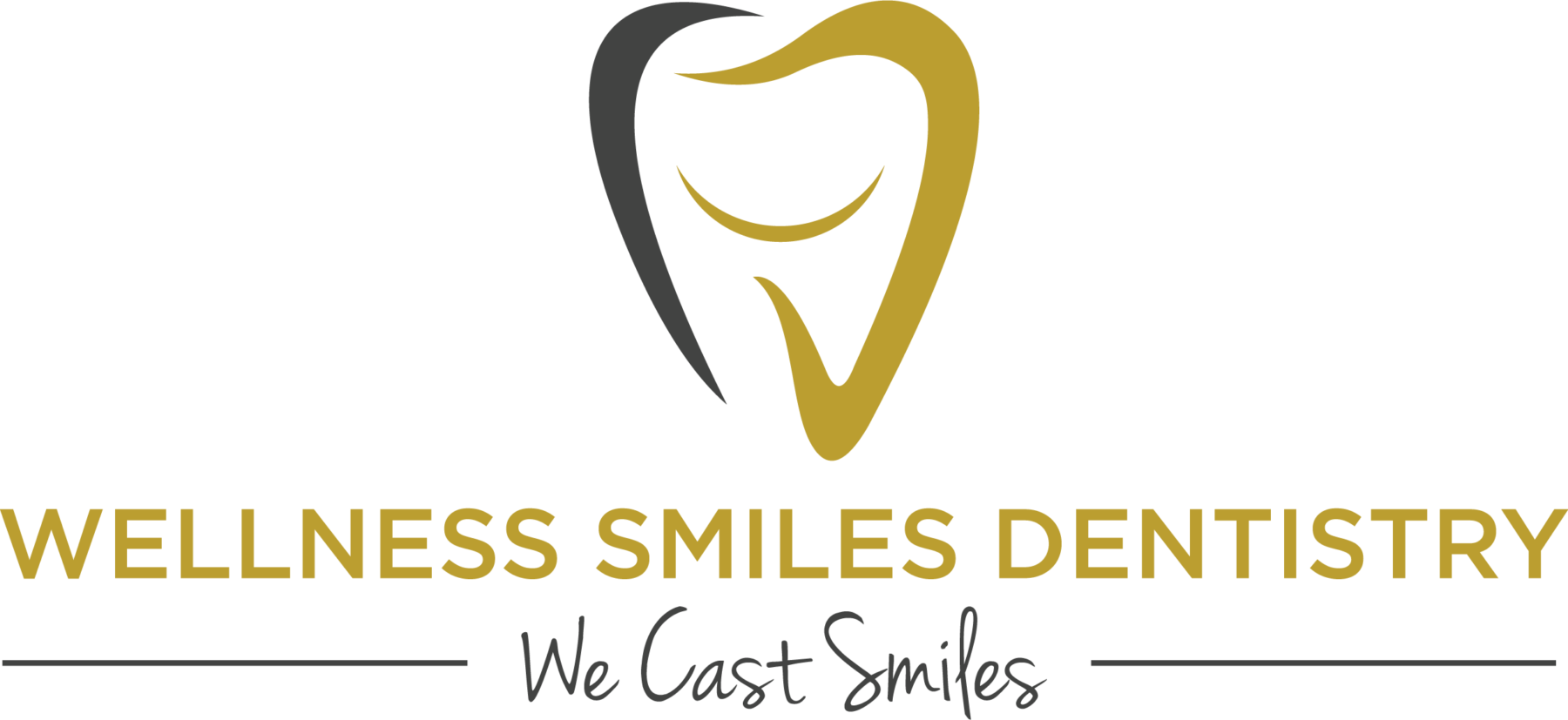Welcome to Wellness Smiles Dentistry! We’re excited to guide you through the essential topic of flossing. You’ve probably heard a lot about it, but do you really need to floss? Let’s dive in and explore why flossing is important, how it benefits your oral health, and the best ways recommended by our dentist near you to make it part of your daily routine.
Flossing involves using a thin piece of string, known as dental floss, to remove food particles and plaque from between your teeth. These are areas that your toothbrush may not reach effectively. By flossing daily, you help keep your gums healthy and prevent cavities.
Why Flossing Matters?
Removes Plaque
Plaque is a sticky layer of bacteria that builds up on your teeth. If left untreated, it can harden into tartar, which can cause gum disease and tooth decay. Flossing is essential because it removes plaque from between your teeth and below the gumline, where your toothbrush can’t reach.
Prevents Gum Disease
Gum disease, or periodontal disease, starts with gingivitis, characterized by red, swollen, and bleeding gums. If left untreated, it can progress to periodontitis, leading to tooth loss. Flossing helps prevent gingivitis by removing the bacteria that cause inflammation.
Reduces Cavities
Cavities form when bacteria in your mouth produce acids that eat away at your tooth enamel. These bacteria thrive on food particles trapped between your teeth. Flossing removes these particles, reducing the risk of cavities.
Improves Overall Health
Maintaining good oral hygiene is connected to better overall health. Poor oral health can contribute to conditions such as heart disease, diabetes, and respiratory issues. By flossing regularly, you reduce harmful bacteria in your mouth, potentially lowering your risk for these health problems.
Common Myths About Flossing
Myth 1: Flossing is Not Necessary if You Brush Well
While brushing is crucial, it only cleans about 60% of your teeth’s surfaces. Flossing targets the remaining 40%, especially the tight spaces between teeth where food particles and plaque accumulate.
Myth 2: Flossing Can Damage Your Gums
Flossing, when done correctly, should not harm your gums. If your gums bleed, it may be a sign of gum disease, and regular flossing can help improve gum health. If you’re unsure about your flossing technique, our team at Wellness Smiles Dentistry can show you the proper way to floss.
Myth 3: Flossing is Too Time-Consuming
Flossing only takes a few minutes a day. The benefits far outweigh the small time investment involved. Consider it an essential part of your daily routine, just like brushing your teeth.
How to Floss Properly: Step-by-Step Guide
- Take About 18 Inches of Floss: Wrap most of the floss around one of your middle fingers, and the rest around the same finger on the opposite hand.
- Hold the Floss Tightly: Use your thumbs and forefingers to hold the floss tightly, leaving an inch or two of floss between them.
- Guide the Floss Between Your Teeth: Gently guide the floss between your teeth using a back-and-forth motion, being careful not to snap it into your gums.
- Curve the Floss Around Each Tooth: Once the floss reaches your gumline, curve it into a C shape against one tooth. Slide it into the space between your gum and tooth.
- Repeat the Process: Repeat these steps for each tooth, using a clean section of floss as you move from tooth to tooth.
Alternatives to Traditional Flossing
Floss Picks
Floss picks are plastic devices with a small piece of floss stretched between two prongs. They are easy to use and convenient for flossing on the go.
Water Flossers
Water flossers, like the Waterpik, use a stream of water to remove plaque and food particles. They are especially useful for people with braces or dental implants.
Interdental Brushes
Interdental brushes are small brushes designed to clean between your teeth. They come in various sizes to fit different spaces between teeth.
The Role of Our Dentist
Regular dental check-ups are essential for maintaining good oral health. During your visit to Wellness Smiles Dentistry, we can assess your flossing technique and provide personalized advice. We can also detect early signs of gum disease and other oral health issues that flossing can help prevent.
At our local dental practice, we are here to support you in your dental care routine. If you have any questions about flossing or need a demonstration, our Indian Land dentist is always ready to help. Remember, a little flossing each day goes a long way toward keeping your teeth and gums in excellent condition. Keep smiling and stay healthy!
Wellness Smiles Dentistry
Email: [email protected]
Phone: (803) 380-3416
8177 Charlotte Hwy Suite 100, Indian Land, SC 2970

